Garbage is a major contributor to the greenhouse gas emissions heating up the atmosphere and causing climate chaos.People generate over 3.5 million tons of solid waste every day worldwide, and the United States tops the list of trash-producing countries. According to the Environmental Protection Agency, U.S. citizens average about 4.4 pounds of trash per person each day.
Wasted food makes up a large percentage of all that garbage. Globally, we throw out around 1.8 billion tons a year. Growing crops and raising livestock requires enormous amounts of land and water, which are often polluted by fertilizers or animal waste. Additionally, farming practices like monocropping deplete important nutrients from the soil.
Fossil-fuel derived plastics are even more environmentally damaging. Worldwide, we produce roughly 100 million tons of plastic each year. These products release greenhouse gas emissions into the atmosphere and continue to do so long after we discard them.
Where Does Trash Go When We Throw It Out?
While some plastic items are recycled, many single-use products like bottle caps, straws, and grocery bags are incinerated or sent to landfills. These plastics can take over 400 years to break down. Affluent countries often rely on developing nations to process this waste, which can result in serious health effects for local residents. Plastic even finds its way into our oceans, harming marine life and disrupting carbon absorption from the atmosphere.
此外,食物和其他有机垃圾最终往往被填埋或露天倾倒。随着它的腐烂,甲烷气体被释放出来,导致全球变暖。肉类和奶制品等动物产品的碳足迹比植物性食品大得多,因此丢弃这些产品会加剧对环境的影响。
What is Zero Waste Living?
减少家庭垃圾对环境影响的一项倡议是零垃圾运动。Participants reduce the amount of garbage they create by adopting more eco-friendly habits and opting for zero waste products with little or no packaging. Thankfully worldwidesome grocery chains like Coles in Australia have started a zero waste supermarket pilot scheme.
What are the 5 Rs of Zero Waste?
A zero-waste lifestyle involves five core principles intended to reduce household garbage, which are:
- Refuse – avoiding products that come in disposable packaging, especially plastics.
- 减少购买时的谨慎选择,只买你真正需要的东西。
- Reuse – purchasing used goods whenever possible, repurposing existing items, and opting for reusable alternatives to single-use products.
- Recycle – diverting as much plastic, cardboard, glass, and metal as possible to programs that reduce the need for more raw materials.
- Rot – composting household waste using bins and other tools to break down organic material and convert it into nutrient-rich soil. Although be careful - for examplediscover why you should never use coffee grounds on plants and in the garden as mulch here.
How to Create Your Own Zero Waste Home
If you want to live a greener, more sustainable lifestyle, consider adopting new habits in your household, such as:
- Replacing plastic items when they wear out with alternatives made of glass, wood, or other durable, eco-friendly materials.
- Choosing greener household cleaners and personal care products这是在最小或可堆肥的包装。
- Opting for a refillable water bottle or a reusable coffee mug and using metal or glass straws.
- 改吃更多的植物性食物。
- Growing your own vegetables in containers or a garden.
- Cooking at home, eating more leftovers, and creating menus based on what's in your pantry to reduce spoilage and waste.
- Bringing your own containers when you dine at restaurants to preserve leftovers and avoid plastic take-home boxes.
Does Zero Waste Make a Difference?
It may seem impractical or even impossible to eliminate all of your garbage. However, even small steps in the right direction can have an impact.从专注于一些简单的交换或行动开始,而不是一次彻底改变你的整个生活。
To adopt a zero-waste lifestyle, set small, achievable goals for yourself and add new habits over time. This approach helps reduce frustration while increasing awareness of how much trash your household actually generates. Expecting perfection right away can be disheartening, and a slow transition is more likely to succeed over the long term.
In addition to striving for zero waste, look for other ways to reduce your ecological impact. Driving less, increasing your home's energy efficiency, supporting green businesses, and voting for local and national environmental legislation are additional steps you can take. By taking responsibility and working together to change larger policies and practices, we can all do more to protect our planet and its resources.
Now you knowabout living a zero-waste lifestyle, find more pages about reducing consumption and othergreen lifestyle choicesin these pages :
Findmore about green home constructionin the EcohomeGreen Building Guide pages- also, learn more aboutthe benefits of a free Ecohome Network Membership here. |


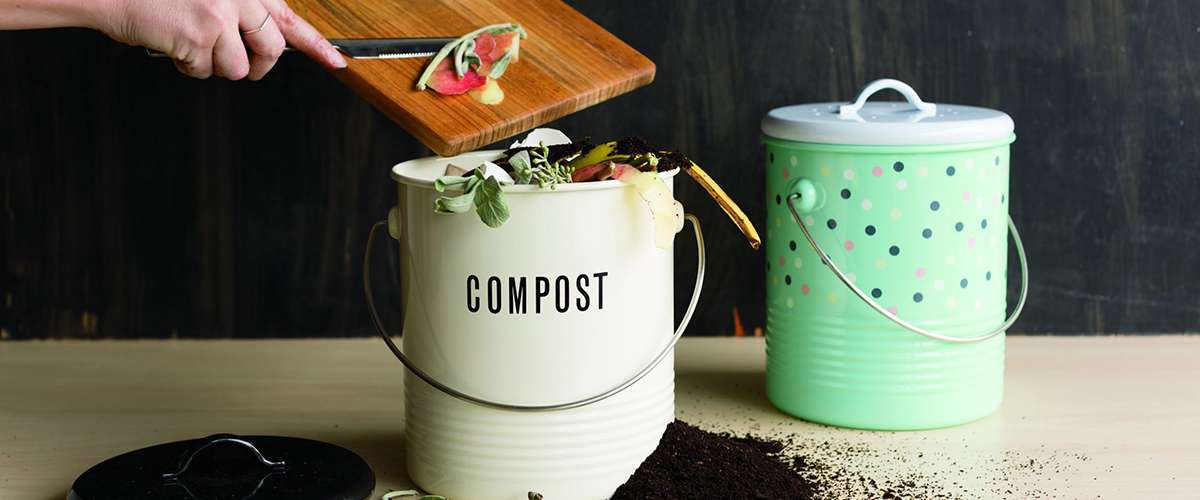















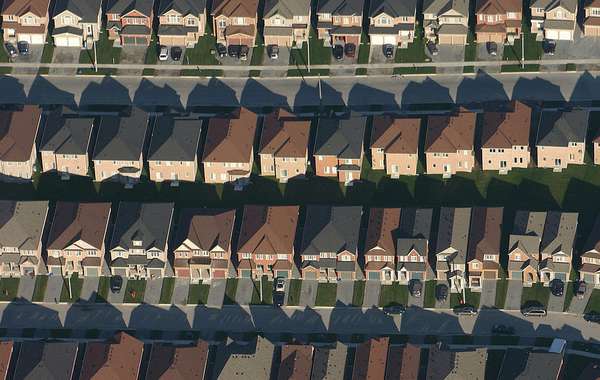
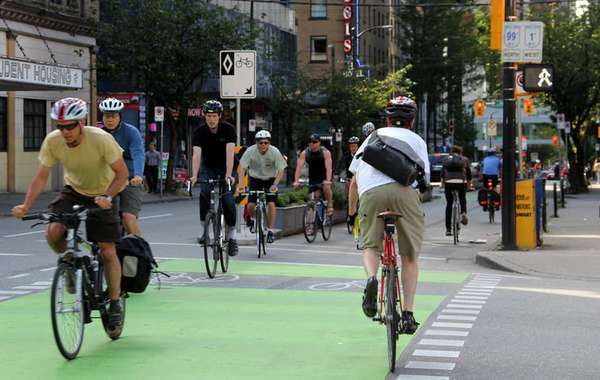

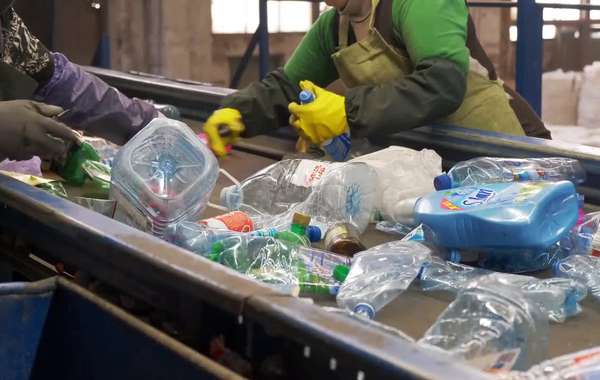
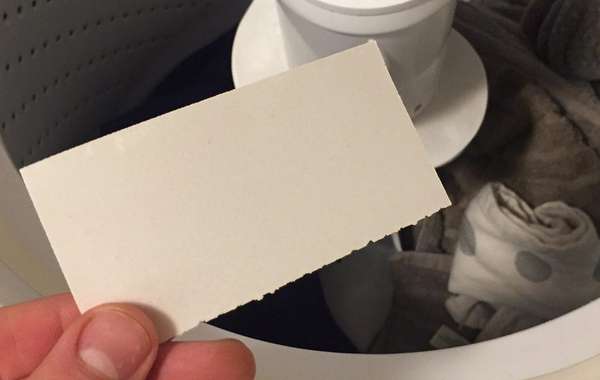


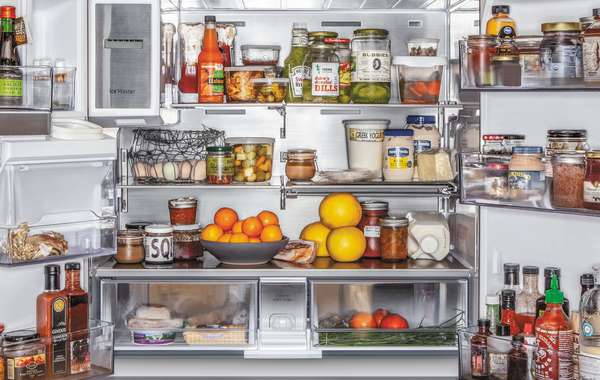

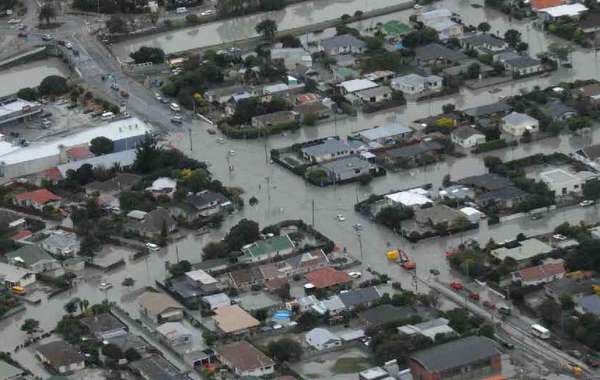
Comments (0)
Sign Up to Comment